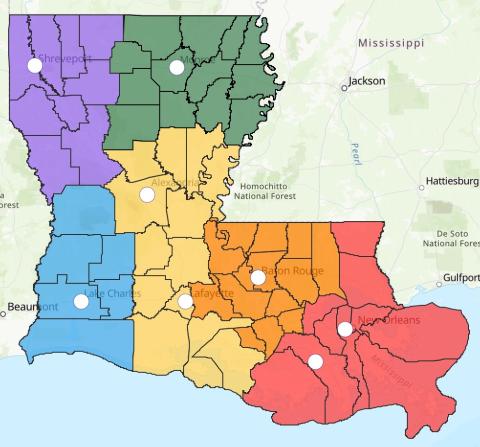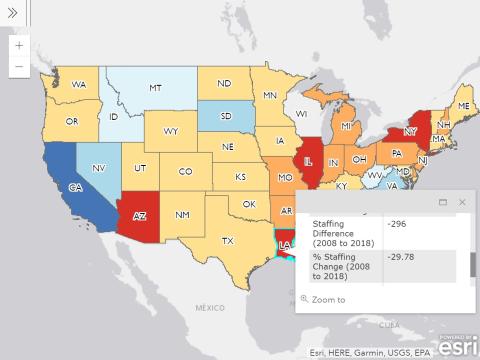"What does the lack in prominence of environmental coverage in German TV tell us about the general state of environmental journalism in Germany? It is almost impossible to draw con- clusions based on hard facts and numbers.There is no national organization of professionals in the media dealing with this topic like the Society of Environmental Journalists in the USA, for instance.That means there are also no statistics about how many editors, reporters, or producers would count themselves as environmental journalists; nobody is keeping track. Communications scholars, when asked about the number of environmental journalists in Germany, reply with: “That’s something I would also like to know; tell me if you find out.”There is no formal educa- tion, and only a few training opportunities are offered for established writers and editors who want to specialize in the field. In recent years, some well-qualified and experienced reporters on newspapers with influential voices have departed (or been made to depart) the publishing houses or even journalism per se, leaving a noticeable gap." (Schrader 2020)
"Summarizing, environmental journalism in Germany appears to be in a transition phase. Many traditional media and press outlets are struggling to keep their business model or find a new one. And reporting on air quality, biodiversity, or the climate beyond their often-superficial implications for national politics is not high on the list of priorities. Much of the work might be shifting to online publishing in new contexts and organizations, but those are still forming and far from settled."



